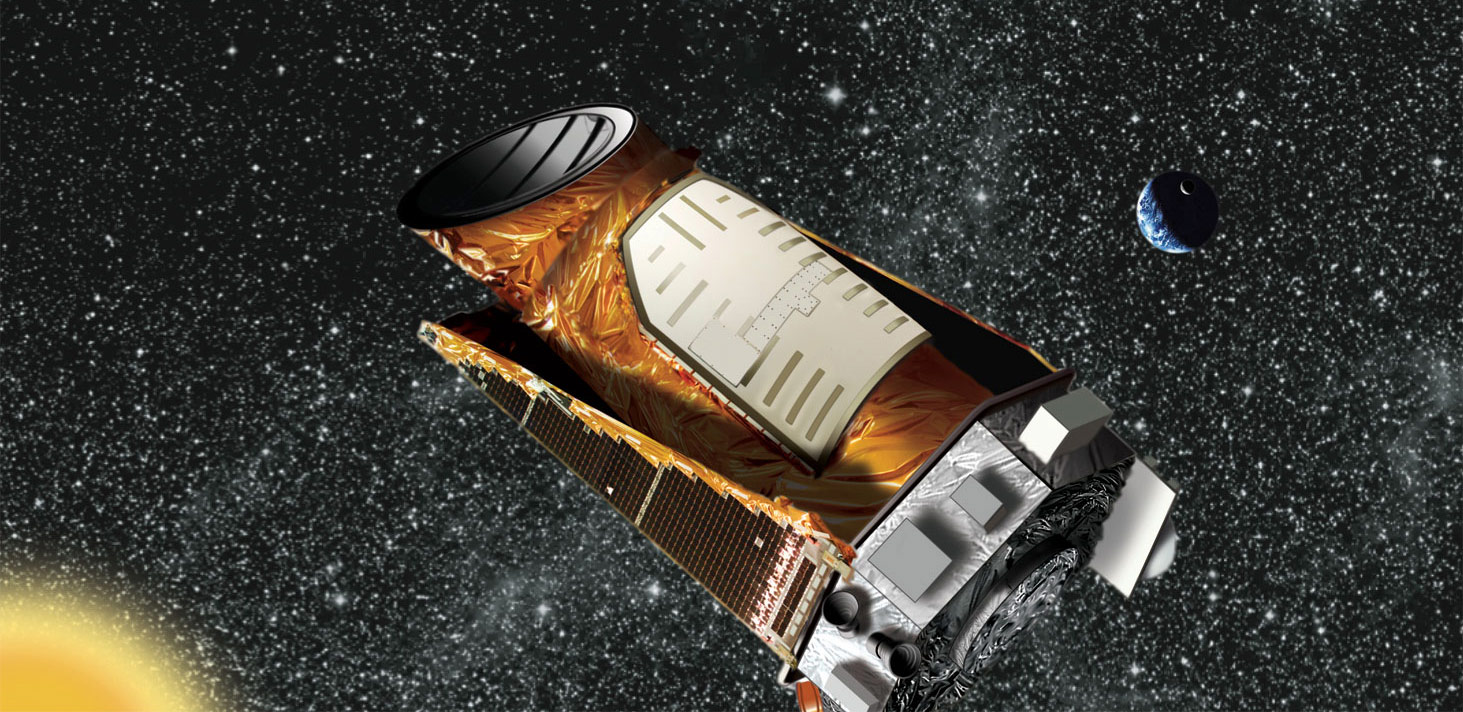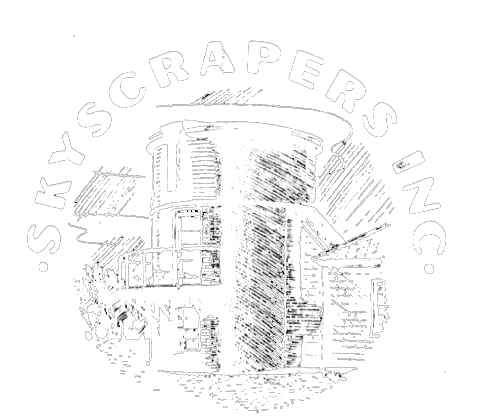
The Legacy of Kepler Space Telescope & Our Own Solar System's Robotic Explorers
September 2013 :
With all the hype of space craft all over the solar system, some of them sending us unbelievable images from our outer planets, especially Mars and Saturn, plus the previous generation Pioneer and Voyager travelers in the outer reaches of our neighborhood, it's sometimes hard to remember that these are machines, giving us information that we never in our wildest dreams could see from our home Earth. Many of them seem to have lives of their own, being incredible energetic bunnies, going and going and. . . Cassini has been introducing us to the wonders of Saturn for years; all the Martian craft have shown incredible lifetimes, moving and digging and imaging the planet almost miraculously, and the MSL, Curiosity, also is planned to continue much longer than its projected time.
Totally amazing to me are the Pioneer and Voyager. These little machines, using technology as modern as the TRS-80 (look it up if you're not sure what that is), still have the potential to phone home if asked to, even though they all require a full-day round-trip response.
This is why it's very sad that we're losing what was hoped to be a workhorse among craft, a machine that has introduced us to thousands of potential new worlds. The Kepler, launched to try to locate planetary systems around other stars within a very tiny region of sky in Cygnus, the Swan, has been considered possibly at the end of its major mission. Although its actual time frame was until November, 2012, it had been hoped to continue for an extended period of time - possibly up to several years; but, last July, one of its gyroscope-type wheels began to fail. Then, a second acted up just this past May. To function perfectly, three of these are required. Without these two to assist in precisely pointing the craft, its future is now in doubt.
Scientists are looking to evaluate Kepler for any potential research it can do with its remaining two functioning wheels, so it is hoped that more discoveries can be gotten. However, don't forget - Kepler has discovered thousands of possible planetary candidates, and has confirmed way over a hundred. Unlike some of our other craft, Kepler doesn't appear it will have the longevity of a Spirit/Opportunity or Pioneer/Voyager, but let us be thrilled as to what it has done for the astronomical community.
NASA/Kepler mission/Wendy Stenzel



